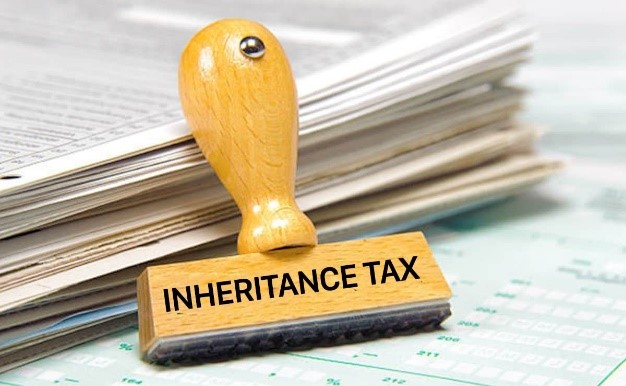Free Courses Sale ends Soon, Get It Now


Free Courses Sale ends Soon, Get It Now



Disclaimer: Copyright infringement not intended.
Context
What is Inheritance Tax?
Background
Importance of Inheritance Tax
Inheritance Tax in India: Past, Present, and Future Considerations
History of Inheritance Tax in India (1953-1985)
Reintroduction Debates
Global Comparison
Recent Controversy and Debate
Conclusion
|
PRACTICE QUESTION Q. Which of the following statements regarding inheritance tax in India is/are correct? 1.Inheritance tax was introduced in India in 1953 under the Estate Duty Act. 2.The tax was levied on the total value of the property held by an individual at the time of their demise. 3.Estate duty rates in India ranged from 7.5% to 85% for properties exceeding Rs 20 lakh. 4.The inheritance tax was abolished in 1985 by then Finance Minister VP Singh. Select the correct answer using the codes below: A) 1 and 2 only B) 1, 2, and 3 only C) 2, 3, and 4 only D) 1, 2, 3, and 4 Answer D) 1, 2, 3 and 4 |
© 2024 iasgyan. All right reserved